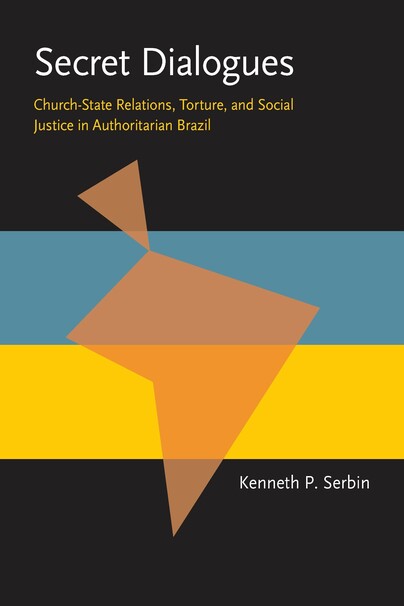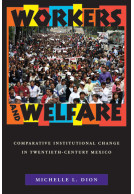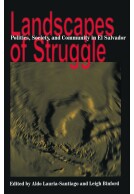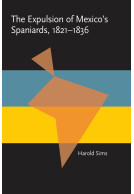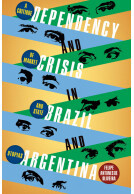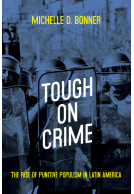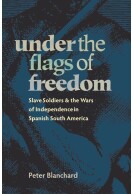Google Books previews are unavailable because you have chosen to turn off third party cookies for enhanced content. Visit our cookies page to review your cookie settings.
Secret Dialogues (Paperback)
Church-State Relations, Torture, and Social Justice in Authoritarian Brazil
Imprint: University of Pittsburgh Press
Series: Pitt Latin American Series
Pages: 336
ISBN: 9780822957263
Published: 19th October 2000
Script Academic & Professional
Series: Pitt Latin American Series
Pages: 336
ISBN: 9780822957263
Published: 19th October 2000
Script Academic & Professional
This book will be reprinted and your order will be released in due course.
You'll be £42.00 closer to your next £10.00 credit when you purchase Secret Dialogues. What's this?
+£4.99 UK Delivery or free UK delivery if order is over £40
(click here for international delivery rates)
Need a currency converter? Check XE.com for live rates
(click here for international delivery rates)
Need a currency converter? Check XE.com for live rates
Secret Dialogues uncovers an unexpected development in modern Latin American history: the existence of secret talks between generals and Roman Catholic bishops at the height of Brazil's military dictatorship. During the brutal term of Em\u00edlio Garrastaz\u00fa M\u00e9dici, the Catholic Church became famous for its progressivism. However, new archival sources demonstrate that the church also sought to retain its privileges and influence by exploring a potential alliance with the military. From 1970 to 1974 the secret Bipartite Commission worked to resolve church-state conflict and to define the boundary between social activism and subversion. As the bishops increasingly made defense of human rights their top pastoral and political goal, the Bipartite became an important forum of protest against torture and social injustice. Based on more than 60 interviews and primary sources from three continents, Secret Dialogues is a major addition to the historical narrative of the most violent yet, ironically, the least studied period of the Brazilian military regime. Its story is intertwined with the central themes of the era: revolutionary warfare, repression, censorship, the fight for democracy, and the conflict between Catholic notions of social justice and the anticommunist Doctrine of National Security. Secret Dialogues is the first book of its kind on the contemporary Catholic Church in any Latin American country, for most work in this field is devoid of primary documentary research. Serbin questions key assumptions about church-state conflict such as the typical conservative-progressive dichotomy and the notion of church-state rupture during harsh authoritarian periods. Secret Dialogues is written for undergraduate and graduate students, professional scholars, and the general reader interested in Brazil, Latin America, military dictatorship, human rights, and the relationship between religion and politics.
Other titles in the series...
Other titles in University of Pittsburgh Press...







